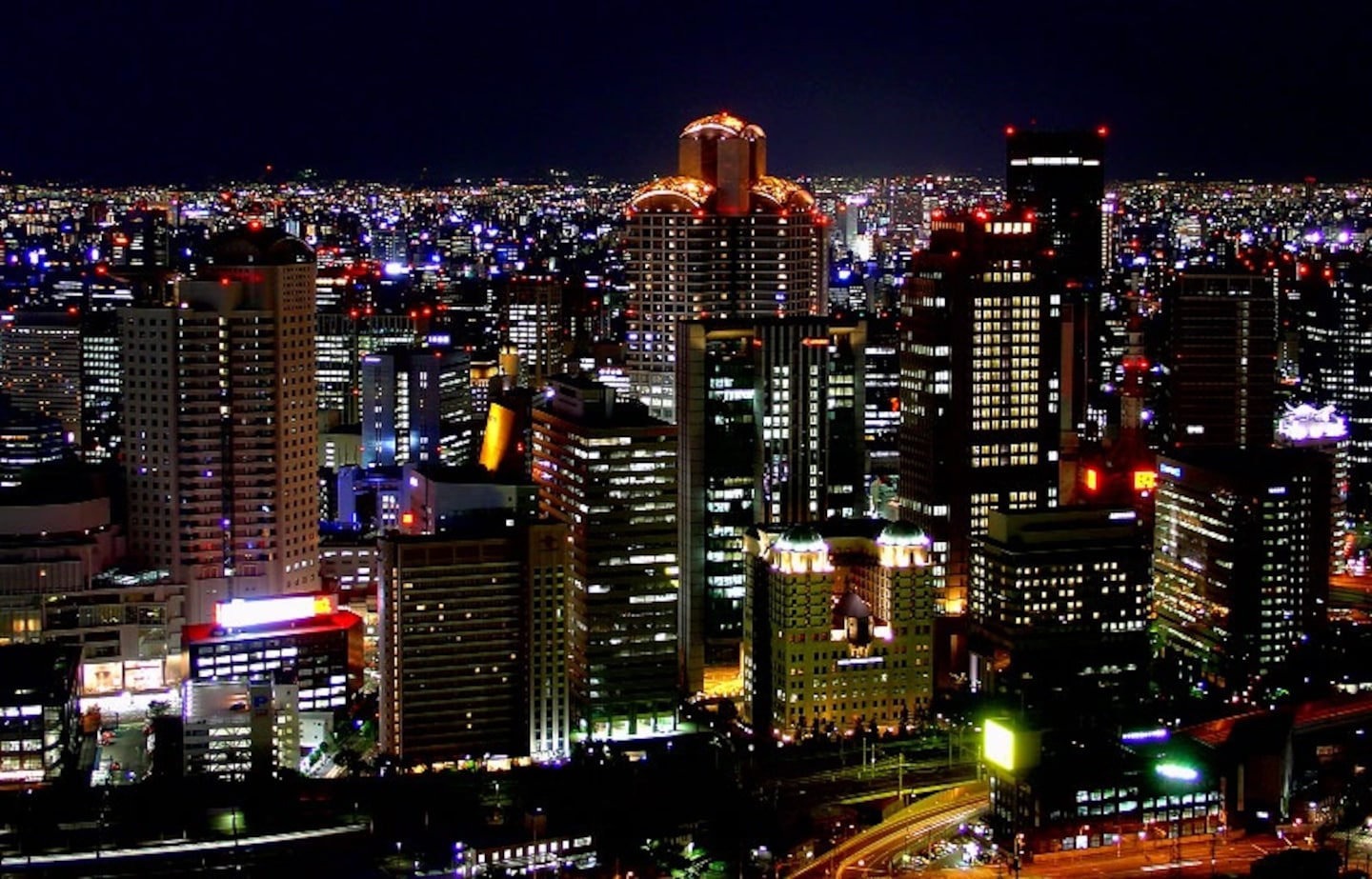4 Phrases to Help You Speak 'Kansai-Ben'
In the Kansai region of Japan, which consists of Osaka, Kyoto, Nara, Hyogo, Shiga and Wakayama Prefectures, you'll hear some variation of Kansai-ben (West Japan dialect). So you might want to learn some words from the dialect before you travel to the region. Luckily, we have four easy and useful phrases to help you speak like a local.
By SoraNews241. Nandeyanen
https://www.youtube.com/watch?v=3b1qCY0knEU
This is probably one of the most popular phrases of the Kansai dialect and is the equivalent to doushite (why) in standard Japanese. Interject with this, and you’re sure to get a huge response from your partner.
If you’ve seen the anime Azumanga Daioh, you might remember this scene in which nandeyanen is localized as “Why the hell?”
2. Honmakaina

http://mugen1226.blog.fc2.com/img/20140606114539fc5.jpg/
This is a great interjection if you want to joke around in a conversation. Honma is the equivalent to the standard honto (really), and the phrase honmakaina is the equivalent to honto nano (is that true)? For example, a conversation could go:
“Kyo, kare tabeten kedo saa~.” (So today I ate some curry...)
“Honmakaina!” (You don’t say!)
“O, Ou... uso tsuite dousunen!” (Um, yeah... why would I be lying?!)
3. Honde?

http://girlschannel.net/topics/617841/
The equivalent to sore de? (and then?) in standard Japanese, honde? can be used to encourage your partner on in their story should you want to hear more. Saying it twice in a row—“honde, honde?”—can show more enthusiasm, but continuously doing so can get you a “shitsukoi na!” (You sure are insistent!)
4. Seyaro
This phrase is the equivalent of sou desho or dayo ne (isn’t that right) in standard Japanese, used when seeking agreement, or when showing your own agreement in a conversation. For example:
“Sono fuku, iina.” (That’s a nice outfit.)
“Seyaro. Mama ni kattemoroten.” (Isn’t it? My mom bought it for me.)
Remember everyone, the best way to improve at anything is to practice, and language learning is no exception. So put away your embarrassment and reservations, get out there and strike up a conversation with some new friends!
Related Stories:
The “doya-gao” phenomenon and where you’re most likely to see it
Five words that sound completely different across Japanese regional dialects
RocketNews24’s six top tips for learning Japanese





